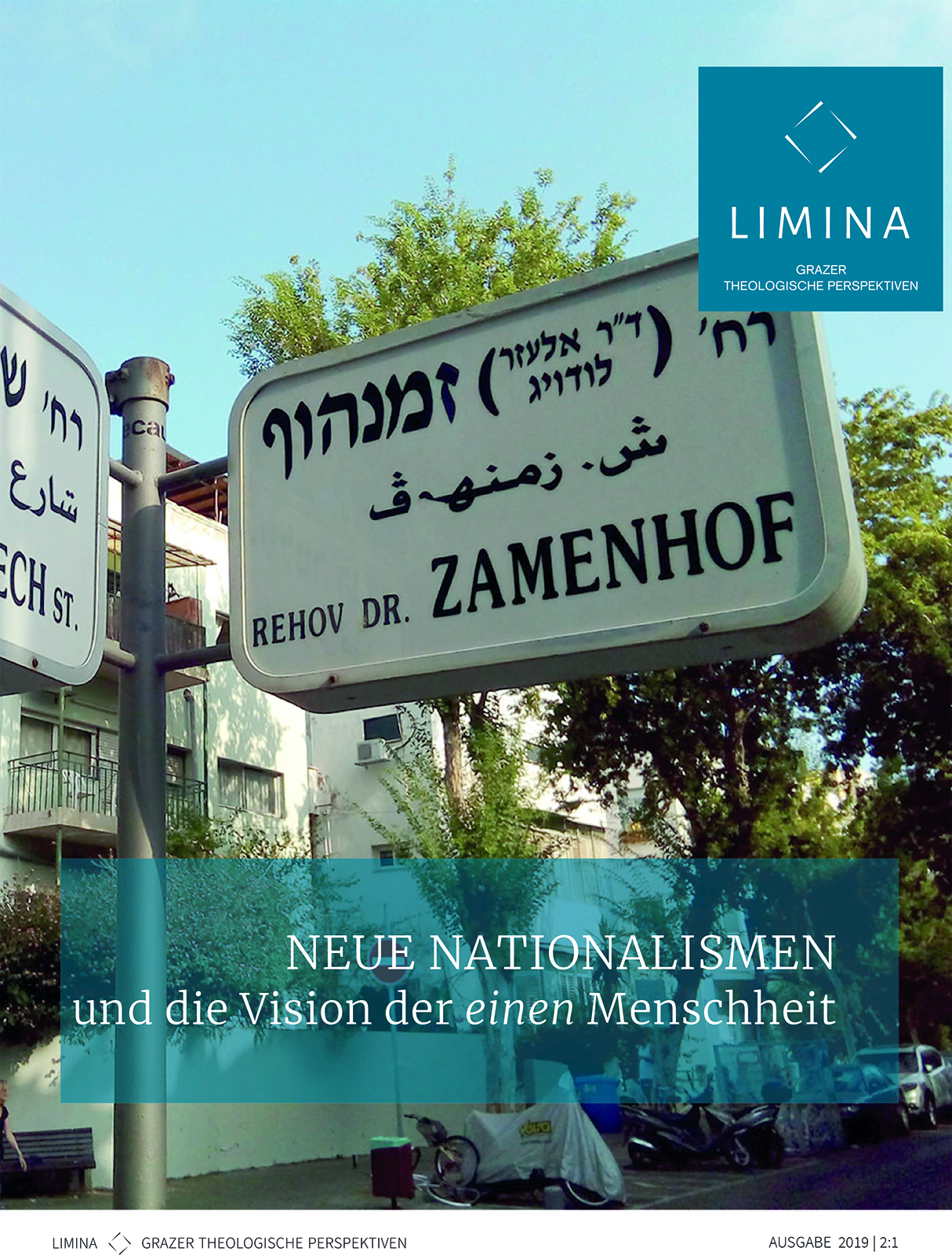“… truly linked with mankind and its history by the deepest of bonds…” (Gaudium et spes 1) The concept of the ‘universal church’ in a fragmented world
Main Article Content
Abstract
The frequently invoked term “universal church” is undergoing a meaningful shift driven by identitarian and culturalist politics. On the one hand, there is a renewed awareness that the “link with all mankind” is a central ecclesiological criterion of the Second Vatican Council; on the other hand, “universality” (of the church) is not understood as the result of an expansion of power but as a result of intense intercultural learning and communication. The concept of a “universal church” is not based on unilateral globalisation but a self-critical globality. In this sense, a “church of the world” is committed to a dialogue with and consideration of “humankind and its history”, and thus rediscovers its catholicity.
Article Details
The author(s) retain copyright without any restriction.
LIMINA provides immediately upon publication open access to its content. The content of this journal is licensed under the Creative Commons Attribution 4.0 International Licence. By submitting a contribution, the author(s) agree(s) to the terms of use of the CC BY licence.

